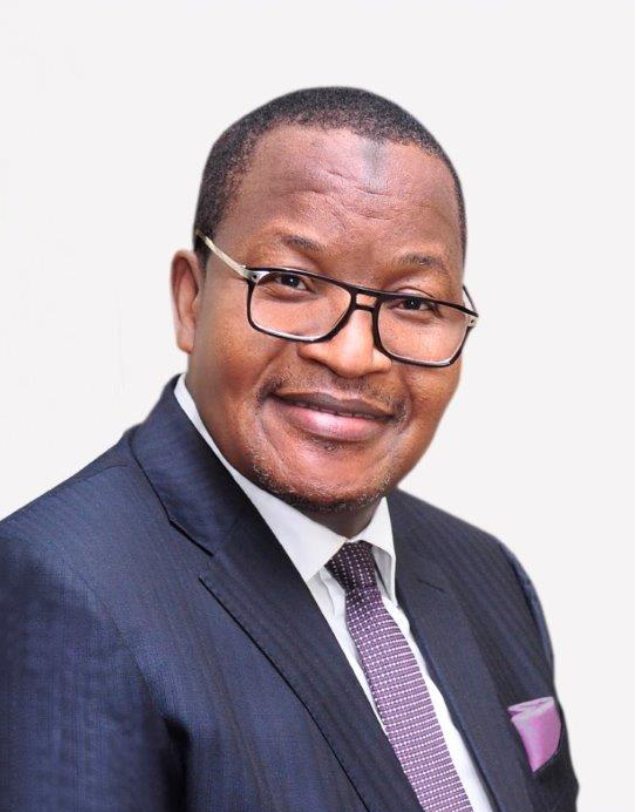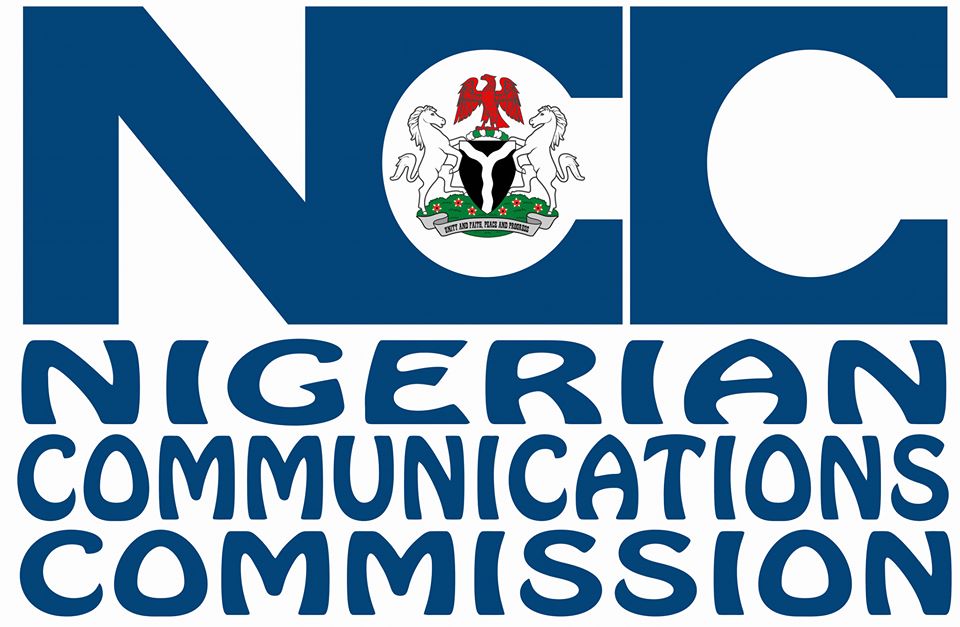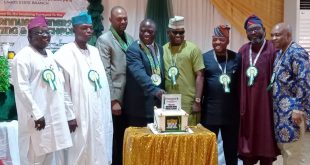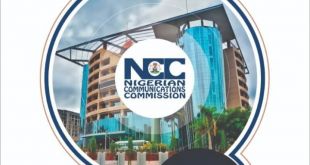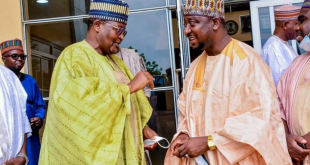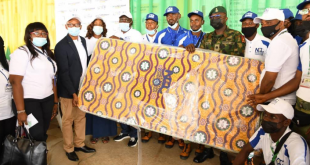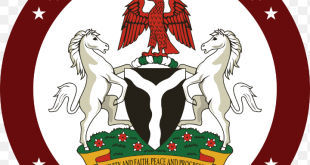The Executive Vice Chairman of the Nigerian Communication Commission, Prof. Umar Garba Danbatta, has assured Nigerians that the Commission remains committed to realizing the vision of President Muhammadu Buhari on promotion of indigenous content in the telecommunications sector.
The EVC said that the commission would replicate the promotion of the local content as it was by the federal government in the Agricultural and Petroleum sectors to achieve its goals of significant participation.
Speaking at a virtual maiden edtion of Policy Implementation Assisted Forum event (PIAFo) on the National Policy for Promotion of Indigenous Content in the Nigerian Telecommunications Sector, hosted by Business Metrics, the EVC, said that to ensure effective implementation of these objectives, the Commission is developing a robust compliance monitoring and enforcement framework leveraging on existing mechanisms.
The NCC boss said that the commission is spurred by the vision of President Buhari, who wants Nigerians to play a major role in the design and manufacture of devices in order to meet the manpower requirements and in becoming an active part of the telecommunications ecosystem of the country.
Danbatta insisted that indigenous content development in the Nigerian Telecom sector is set to fly, calling and t on all its stakeholders to come on board to achieve maximum success.
He said:”I would like to assure you that the Commission is wholly committed to realizing the vision of Mr. President for promoting indigenous content in the telecommunications sector as has been done in the Agricultural and Petroleum sectors to achieve our goals of significant participation, preservation of scarce foreign exchange and improving the lives of Nigerians.
“To ensure effective implementation of these objectives, we are developing a robust compliance monitoring and enforcement framework leveraging on existing mechanisms. “
He added that the NCC is vigorously promoting local investment in digital infrastructure and competition in the provision of accessible high speed broadband infrastructure, adding that the development would enable the Commission to deliver on the stipulated targets in the Nigerian National Broadband Plan (NNBP) 2020-2025.
” Towards achieving the mandate, the Commission has developed a licensing framework to enable infrastructure companies (INFRACOs) roll out optical fibre cables for communications in the 774 Local Government Areas that make-up the Federation. The Commission also ensures full utilization of spectrum for deployment of services through Re-farming, Re-planning and Auctioning.
“His Excellency, President Muhammadu Buhari GCFR, recently presented the National Policy for the Promotion of Indigenous Content in the Nigerian Telecom Sector. The Policy (a.k.a NPPIC) seeks to accelerate the pace of indigenous digital capacity development and thereby enhance national competitiveness and prosperity for indigenous/local players in Nigeria.
“In the Policy document, there are clearly defined objectives identified for each focus area with expected significant impact that a concerted implementation would have on the sector and the national economy.
“In addition, the Commission has developed an action plan to help guide the implementation of the Policy. To this effect, the Commission has articulated several targets and high impact interventions, which are Specific, Measurable, Attainable, Relevant and Time-based to address the major policy areas. The focus policy areas are Manufacturing, Software Development, Compliance Monitoring, Licensing, Funding, People, and Research & Development for Digital Innovation and Entrepreneurship,”Danbatta said.
On his part, Business Metrics Editor and Chairman, Organising Committee of the forum, Mr. Omobayo Azeez said in his opening remarks at the e-conference that the forum was a brainchild of concerns arising from perceived poor implementation of policies in Nigeria.He announced that the event marked the birth of a new initiative and an addition to the mechanism of policy implementation in Nigeria.
He said: “You will agree with me that Nigerian archive is replete with good policies across the various sectors of the economy. But poor implementation has always characterized the system.
“Our desire is to change this order of poetic policy pronouncement and prosaic execution by creating a midpoint interface between the government and private sector players, where policies can be dissected, digested and driven to effective implementation, and later appraised using measurable metrics to assess their success over time.”
 The Story Your path to the story
The Story Your path to the story


